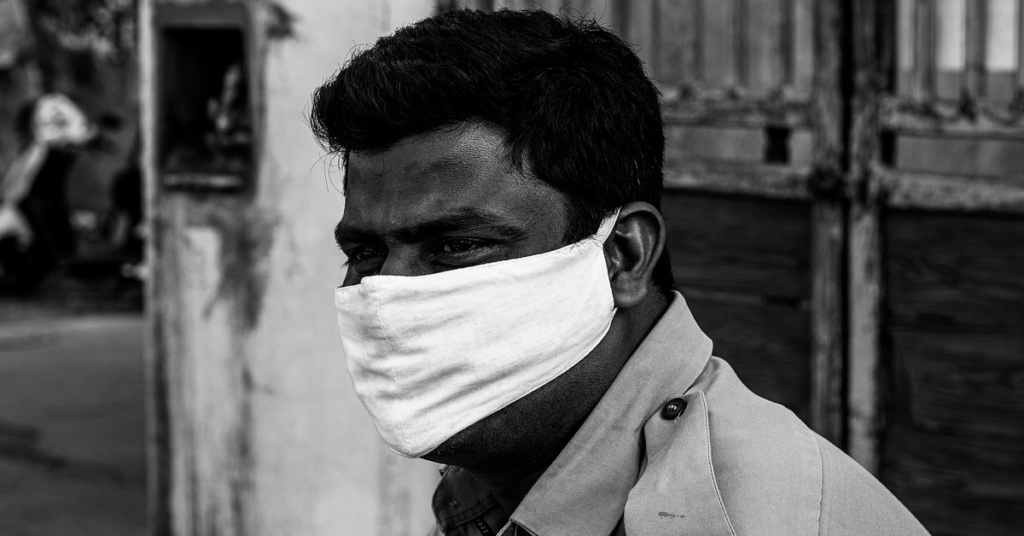‘She is going to a psychiatrist’
‘He is visiting a therapist’
These statements when heard are usually met with a ‘Haw’ or ‘Oh My God’ reaction. The question we psychologists and other mental health professionals raise is would you react the same way when someone says, ‘I have a fever’ or ‘I feel pain’. The answer usually is No. Then why overreact when it comes to mental problems.
For the past few years, there has been a lot said and advocated on mental illness and health. The stigma attached to mental illness in our country especially leads to people suffering for years or trying out non-scientific modalities of treatment.
Pandemic and the scenario:
Speaking of the COVID-19 pandemic, everyone all over the world had to shift to a ‘new normal’. Being a part of the healthcare system, I was appointed as a clinical psychologist to provide therapy services to the patients and hospital staff at a government hospital in Mumbai. The pandemic situation has led to frenzy and extreme alertness among people. Constant sanitation and the wearing of masks have become the new normal. Speaking of my experience in the COVID hospital, it has been quite a challenge.
Usually in India, when one is admitted to the hospital we have people constantly visiting us. However, here the scenario deals with isolation and social distancing. Some patients felt that their family members have left them and they are alone, some were extremely anxious about the uncertainty of life and some people even cursed God. These individuals required a little external assistance to think clearly and make sense of the change.
Also Read: Dental emergency in this lockdown is a big challenge
Psychological assistance in the new normal:
As a Psychologist, I understand that it is okay to feel this way and that compassion along with some psychotherapy may heal the minds. Most patients and relatives felt relieved due to the mental health services which in turn help the physicians better the patient care in such a situation.
Nonetheless, I also saw a lot of resilience and will power to recover from most patients. A good and efficient healthcare service served with kindness is the key to this situation.
The ‘new normal’ was shifting to a different way of working, adjusting to a new routine, longer hours at home, engaging in household chores, refraining from certain recreational mediums, and the list goes on. As humans, we tend to adapt and adjust to changes. However, a sudden change in lifestyle affects us not just physically but even psychologically.
Some concerns observed are:
- Hyper-vigilance about physical symptoms
- Obsessing over the number of deaths
- Existential questions- ‘Why is life so uncertain?’ ‘Is the world coming to an end?’
- Lack of motivation
- Lack of personal space
- Financial worries
- Psychiatric concerns like depression, anxiety, panic, insomnia, etc.

Here are some tips I would like to provide to maintain mental health during this pandemic situation:
Identification and Acceptance:
The way to understand difficulties is to identify and organize the problems or issues otherwise we tend to overthink or engage in endless worry. This can be done through writing or talking. Secondly, accepting that okay I am going through these emotions and thoughts and it is okay because the situation is different.
Understanding Control over things:
Extremely important to realize and identify things that you can exercise direct control over and things that you cannot. We usually tend to stress over things that are unrelated or don’t impact us directly. In the current scenario, some common things which are in everyone’s control are maintaining social distance, taking the basic precautions, planning a routine for themselves, controlling the intake of news and media, and engaging in recreational activities. Identifying this helps to focus energies more productively rather than worrying over matters that won’t be affected by us.
Practising relaxation and mindfulness techniques:
There are a lot of videos available online that help in calming the mind and body. These can be practised daily to help with stress –
- Staying connected to family and friends through online mediums.
- Other miscellaneous tasks such as attending interesting webinars, practising a hobby that couldn’t get your attention due to a hectic work schedule, and maintaining a thought journal.
- Seeking professional help: Psychologists pan India have rendered their services free of cost to assist people to cope in this situation. There are psychological task forces created to aid through telephonic services, these can be availed which will help in individually dealing with specific issues and circumstances.
- Finally, it doesn’t have to be a compulsion or a race to be productive, you get to choose what is best for your mental health. It’s not a race on who is maintaining sanity the best but we can sure participate in the coping process.
“I can be changed by what happens to me, but I refuse to be reduced by it”.
–Mary Angelou





One Response